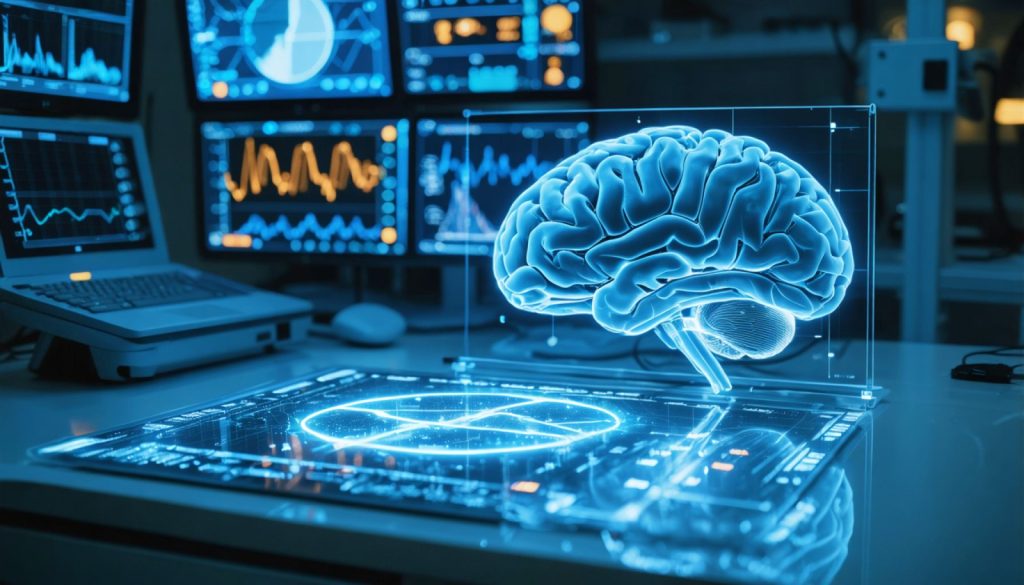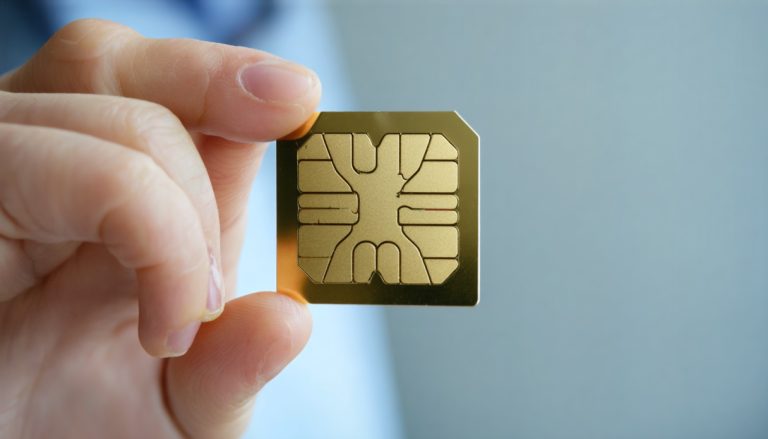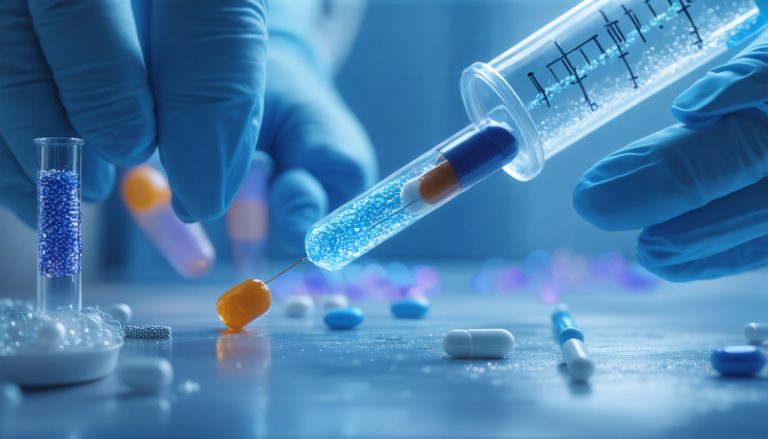
- Artificial Intelligence (AI) is revolutionizing healthcare by enhancing diagnostic precision and efficiency.
- AI excels in analyzing medical images, sometimes surpassing human capabilities in detecting anomalies like lung cancer.
- Machine learning enables AI to improve its diagnostic skills, allowing for earlier disease detection, such as Alzheimer’s and breast cancer.
- AI operates tirelessly, offering consistent diagnostics, especially beneficial in remote or underserved areas.
- While AI holds tremendous potential, it necessitates ethical considerations, data privacy, and continued human oversight.
- AI in healthcare augments rather than replaces human professionals, improving overall healthcare delivery and access.
A quiet revolution is reshaping the world of healthcare, and it begins with a batch of complex algorithms designed to delve deep into the human body. Artificial Intelligence (AI) has stormed onto the healthcare stage, promising unprecedented precision and efficiency, especially in diagnostics.
Imagine a bustling emergency room, doctors and nurses swiftly moving between patients, each case as critical as the next. Amidst this controlled chaos, AI emerges as the silent hero, rapidly analyzing patient data with unparalleled accuracy and delivering insights with the speed of thought. In this scenario, AI-powered tools act as the perfect assistants, giving medical professionals the edge they need to make fast, informed decisions.
One of the most profound impacts of AI in healthcare is its ability to interpret medical images. Traditional diagnostic methods often rely heavily on a healthcare professional’s experience and intuition. However, AI algorithms, trained on millions of images, excel in identifying anomalies that might elude the human eye. For instance, AI systems have matched, and sometimes exceeded, human radiologists in detecting lung cancer from CT scans.
But how does AI truly enhance diagnostics? Through machine learning, these AI systems continually learn and refine their capabilities. They quickly identify patterns and correlations, transforming mere images into valuable pieces of medical puzzles. With AI’s assistance, diseases such as Alzheimer’s, breast cancer, and even rare genetic disorders can be detected earlier—and sometimes before symptoms even manifest—offering patients a lifeline of early intervention.
Moreover, AI transcends the physical constraints of human professionals. It doesn’t tire or lose focus, ensuring that its diagnostic prowess remains constant and unwavering. This reliability can significantly improve healthcare services in underserved or remote areas, where access to specialized medical professionals is limited.
Yet, as we embrace AI’s potential, it is crucial to maintain a balanced view. AI, despite its capabilities, is not infallible. Ethical considerations, data privacy, and the need for human oversight remain prominent as AI becomes more integrated into the healthcare ecosystem. Trust and collaboration between technology and medicine are vital.
The overarching takeaway from AI’s foray into healthcare is clear: when used wisely, AI not only augments human capabilities but also democratizes the quality of healthcare available to all. Harnessing AI’s power in healthcare diagnostics does not replace healthcare professionals; instead, it enhances their ability to deliver timely and precise medical care.
The future beckons with a promise where technology and humanity walk hand in hand, crafting a healthcare landscape that is not only more efficient but also more compassionate and tailored to the unique needs of each patient. A future just around the corner, where diagnostic miracles become an everyday reality.
How AI is Revolutionizing Healthcare Diagnostics: Facts, Predictions, and Tips
Expanding AI’s Role in Healthcare
The transformative impact of Artificial Intelligence (AI) in healthcare is gaining momentum, with significant advancements altering how medical diagnostics are performed. Beyond the evident enhancements in areas like medical imaging, AI’s applications extend much further, offering solutions that redefine patient care and medical efficiency.
How AI is Transforming Diagnostics
1. Medical Imaging and Early Detection: AI’s exemplary capability to process and analyze medical images has made it a cornerstone in modern diagnostics. Not only can AI identify lung cancer more accurately than some radiologists, but it also excels in detecting macular degeneration from eye scans and assessing diabetic retinopathy (source: JAMA Network). These early detection powers enable health interventions that could lead to better management of diseases and improved patient outcomes.
2. Personalized Treatment Plans: AI systems are now being designed to consider the entirety of a patient’s medical history, lifestyle, and genetic information. This capacity enables AI to propose highly individualized treatment plans. Machine learning models can predict how different patients will respond to specific treatments, which could eventually minimize trial-and-error in prescribing medications.
3. Predictive Analytics for Proactive Healthcare: AI helps in predicting epidemics and monitoring for disease outbreaks by analyzing data from various sources (e.g., travel patterns, hospital records). Tools like Google’s “Flu Trends” have previously demonstrated the capability of predictive analytics in public health scenarios.
4. AI and Genomics: AI plays a crucial role in genomics by interpreting genetic data quickly and accurately. This can lead to the discovery of genetic markers for diseases, enabling risk assessments and preemptive interventions.
Market Forecasts and Industry Trends
The AI healthcare market is projected to grow exponentially. According to Grand View Research, the market size of AI in healthcare was valued at approximately USD 10.4 billion in 2021 and is expected to grow at a compound annual growth rate (CAGR) exceeding 38.7% from 2022 to 2030. This surge is driven by technological advancements, increased demand for patient-centric services, and a push toward precision medicine.
Ethical and Practical Considerations
Despite the promising applications, AI in healthcare comes with ethical considerations:
– Data Privacy: Ensuring data security is paramount. With AI systems relying heavily on large datasets, safeguarding patient information from potential breaches is critical (source: HIPAA Journal).
– Bias and Fairness: AI algorithms must be trained on diverse data sets to prevent biases that could lead to misdiagnosis or unequal treatment.
– Human Oversight: AI is a tool meant to assist, not replace, healthcare professionals. Ensuring decisions are overseen by medical experts maintains the necessary trust in AI-assisted diagnosis.
Pros and Cons of AI in Healthcare
Pros:
– Improved accuracy in diagnostics.
– Streamlined operations and reduced workload for healthcare professionals.
– Cost savings from early and correct diagnoses.
Cons:
– High initial investment and maintenance costs.
– Risk of over-reliance on AI for complex medical decision-making.
– Potential for reduced human interaction in patient care.
Actionable Recommendations and Quick Tips
– For Healthcare Providers: Implement smaller AI solutions (e.g., appointment scheduling, patient monitoring) to get familiar with AI benefits before integrating larger diagnostic systems.
– For Patients: Ensure your health provider is transparent about AI tools used in your care, understanding what data rights and control you retain.
– For Developers and Policymakers: Develop clear guidelines and regulations that balance innovation with privacy and ethical standards.
Conclusion
The partnership between AI and healthcare is poised to generate a healthcare ecosystem that is not only more intelligent but also more compassionate. To realize this potential, stakeholders must navigate ethical considerations and prioritize patient well-being. For more information on AI innovations and applications, visit OpenAI.
As AI technologies continue to evolve, their potential to transform healthcare in unprecedented ways will only expand, heralding a new era of medical diagnostics and patient care.



